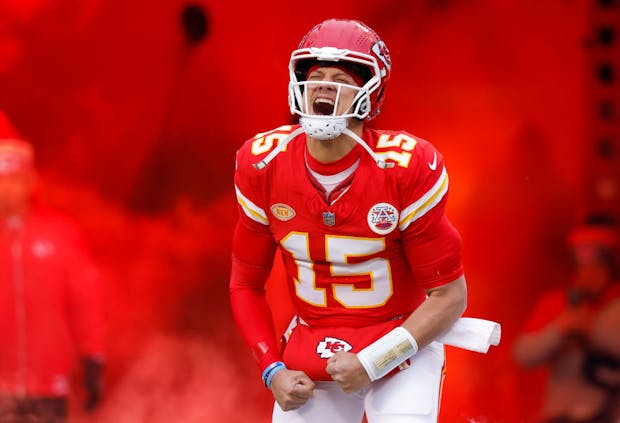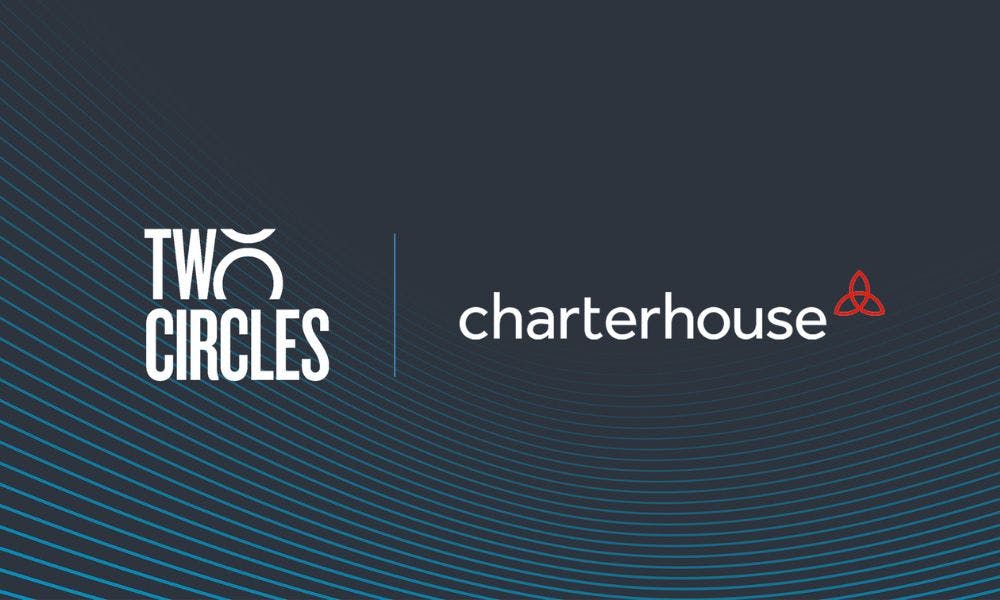
The impending takeover of Two Circles by UK-based private equity firm Charterhouse Capital Partners is expected to spark a string of acquisitions by the data-driven sports marketing agency in the coming years.
During presentations to Charterhouse made ahead of a deal being struck that values Two Circles in the region of £250m (€292m/$318m), senior management provided their vision to further develop the company and the appetite for investments is shared by the incoming owners.
Two Circles co-founder Gareth Balch told SportBusiness: “There is an expectation from Charterhouse that we will be more acquisitive.”
He continued: “Charterhouse’s investment will not result in Two Circles going left or right. It will result us in us accelerating into doing what we’ve been doing over the last 12 years. This investment is a reaffirmation of our commitment to our vision, which is ultimately to be the best business we can be for our clients.
“You’ll see more of all the things you’ve seen previously, and we’ll try and do them better. What we thought we were doing is working so we’re going to do more of it.”
Under the ownership of Bruin Capital, Two Circles’ inorganic growth was headlined by the takeovers of sports sponsorship agency TRM Partners, digital sports company LiveWire Sport and ticketing and hospitality agency Sports Ink. All three are UK based but Two Circles last year made Melbourne its sixth international office through the acquisition of Australia-based technology firm Codeware.
Two Circles’ geographical footprint looks set to grow through future acquisitions, the first of which is expected to be announced by the spring. The takeover by Charterhouse – making its first investment in the sports sector – is expected to close later in the first quarter.
US-based content agency Let It Fly Media is one acquisition target under consideration, sources have told SportBusiness, although Balch declined to comment on any specific companies of interest. Its slate of US rights-holder clients and brands include Learfield, the PGA of America, the NFL, the Formula 1 Miami Grand Prix and Under Armour.
Two Circles is looking to develop its presence in markets such as Germany and India, where Balch cedes that the agency remains “fairly inconspicuous in terms of where we’d like to be”.
Through any acquisitions, he stressed that Two Circles’ chief motivation will be to add to its capabilities in order to allow clients’ business to grow faster.
Investment into the music and entertainment space formed part of the Two Circles management’s presentation to Charterhouse although moving outside of its core area could be as far as a decade off.
“Our heartland and heritage is as a sports business,” said Balch. “But we think to be the best business we can be for our clients that we should be better in entertainment. The conversion between sport and entertainment is a clear and obvious one.
“Whether it’s in this investment cycle or the next, we have the ambition and vision to move into adjacent categories such as music or entertainment and apply our capability to grow more demand in those areas. We think sports will become more prevalent within those mediums, and the connectivity we can provide to our clients to enable ‘1+1=3’ will grow. That will be the reason we do it.”
‘Organic’ profit growth
In targeting a majority stake acquisition, Charterhouse was attracted by Two Circles’ “resilient profits and growth in every year since it was founded in 2011”.
Revenues continue to increase year over year, in part due to the acquisitions. The most recent group accounts available show revenue growth at Two Circles Holdings (UK) Limited from £36.9m in 2021 to £55.4m in 2022.
Operating profit increased from £6.4m in 2021 to £8.2m in 2022. The profit margin is described by Balch as “healthy but not excessive”.
Asked to elaborate on how much of the growth is attributable to the investments made, Balch pointed to organic growth as the main factor.
“If you take the Ebitda on the day of acquisition of the companies that we acquired, and you take the incremental growth over the period, then a big majority was organic. That’s predominantly from existing clients asking us to solve bigger commercial opportunities for them.”

Increasing numbers of joint venture deals continue to diversify the mix of business models employed. Two Circles has invested in joint ventures with the DP World Tour, Ryder Cup Europe, the International Basketball Federation (Fiba) and the England and Wales Cricket Board (ECB). Other JVs are in place but the rights-holders opt not to be named.
The deal to manage the sales of Ryder Cup ticketing and hospitality has been signed over 11 years.
The recent takeovers and JVs have allowed Two Circles, known during its formative years as the ‘data agency’, to augment its revenue streams across sponsorship, licensing, ticketing and hospitality sales.
“Our history was as a fees for hire business and our growth will be that and a partnerships-based business,” remarked Balch.
The current Two Circles leadership team will remain in place post takeover and the company will continue to be led by Balch. The management team members have reinvested in the company and increased their shareholding.
According to Balch, the management held “co-operative” sale discussions with Bruin, which will enjoy a handsome return after acquiring its 80-per-cent stake in Two Circles at a company valuation of around $42m (£33m/€39m). The talks led, he said, to a “very narrow process” to identify the next majority shareholder albeit with “a lot of interest in the business”.
Charterhouse, according to Balch, was looking for a “digitally native global sports group” and identified the sector as a “high-growth segment”. He described the London-based private equity firm as a “cold, rational investor not doing this for any of the pomp and ceremony that comes with sport”.
The optimism around growth will be met with scepticism in some quarters given the plateauing and often decreasing value of media rights income, for so long the backbone of the industry.
Yet, Two Circles predicts that the global sports industry will be worth £220bn in annualised revenue within the next decade, a jump of £70bn on its valuation of the total generated by sports rights globally in 2023, and driven by sport becoming more widely consumed.
“There’s an evolution in how the currency is exchanged between sports properties and those wanting to invest in sport,” observed Balch. “The exchange of value around audiences as well as rights is the evolution, as opposed to just selling rights.”
Charterhouse has, in Balch’s words, bought into the top-line vision of Two Circles’ management to put the fans at the heart of the industry and win the battle with other entertainment mediums.
He said: “There lots of organisations that invest in sport and want to participate in its ecosystem. We believe that knowing sports fans, who they are, how they consume and to get them to do more of the things you want them to do is completely critical to growing the value of sport.
“Growing the consumption of fans in a way that is commercially aligned to an organisation is our core point of difference.”